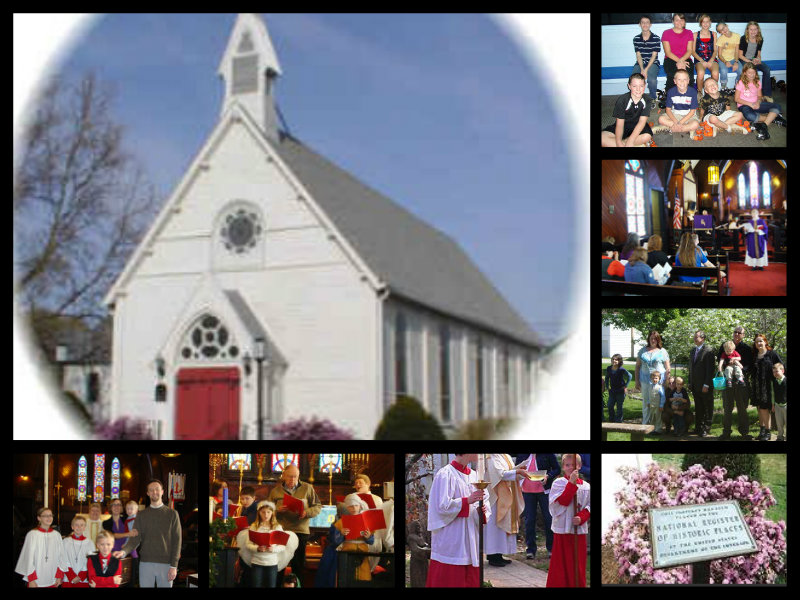Message to the Lay persons service Maundy Thursday, March 24, 2016
By Rosina Harter
Readings Psalm 116: 10-17; First Corinthians 11:23-26; Gospel of John 13:31b-35
When I as a little girl, I had two fun books of manners: What do you do dear? And What do you say dear? They were lovely books, illustrated by Maurice Sendak, for improbable happenings: airplanes landing in tea parties, being called to lunch whilst digging up treasure, and so on.
No where did either book address the question of what do you do or what do you say when you are stabbed in the back by a close friend.
Most of us have been stabbed in the back. Recently I saw a little picture on Facebook that declared that the most dangerous creature on this earth is a fake friend. I think that’s true.
Imagine:
You’ve put together a nice party and invited those especially close to you. The food is perfect, you’ve welcomed people extravagantly, everyone is looking forward to a fun night—then, one of your guests disrupts the event with hatefulness, maybe even leaves the group in anger to tell people what he or she really thinks of you.
What do you do, dear?
Most of us would be quite upset. How would this affect our reputations? How could we do damage control? How could we head off scandal? Some of us would sit down and cry. The party would be ended. The other guests put out and upset.
Jesus certainly had a fake friend the night of the last supper. He knew Judas was going to betray him to the authorities at the temple. So, what did Jesus do? Did he worry, cry, upset his guests?
No.
Instead, as the disciples came in he washed everyone’s feet, as a servant would. He blessed the bread and wine.
While they were eating, he took a loaf of bread, and after blessing it he broke it, gave it to them, and said, ‘Take; this is my body.’ Then he took a cup, and after giving thanks he gave it to them, and all of them drank from it. He said to them, ‘This is my blood of the covenant, which is poured out for many.
He asked to be remembered.
And, he told his false friend quietly to ‘Do quickly what you are going to do.’
He gave the disciples a new commandment “’that you love one another. Just as I have loved you, you also should love one another. By this everyone will know that you are my disciples, if you have love for one another.’”
And, he knew there was more betrayal ahead. Peter would deny him three times. Only John of his disciples would stand at the foot of the cross.
Jesus did not act in hate. He did not strike back. He did not announce in the tabloids that he was framed, vilified, betrayed.
Instead, he gave us the greatest gifts:
the attitude that leaders must serve those they lead,
the institution of the Great Thanksgiving or Holy Eucharist,
his willingness to die for us,
and
the commandment to LOVE.
“For God so loved the world that he gave his only Son, so that everyone who believes in him may not perish but may have eternal life.” John 3:16
So, the next time we feel we have been betrayed, scorned, disgraced, belittled, outcast, berated, maybe we need to ask not “What do you do dear?” But what example do I follow?
The example of the world that says strike back, get even, show ‘em who’s boss?
Or the example that Jesus gave us, to love one another.
We know, we have read, we have studied, but have we incorporated into our lives that “all things intermingle for good for those who love God, who are called according to his purpose.”Romans 8:28
We know, we have read, we have studied, but have we incorporated into our lives that “nothing can separate us from the love of Christ.” Romans 8:38-39
The early Christians were known in Antioch for their love for one another. They followed where Jesus lead. They fed the hungry, gave drink to the thirsty, welcomed the stranger, clad the naked, nursed the sick, and visited the prisoners. And they were betrayed and persecuted and died because they LOVED ONE ANOTHER just as He loved them.
William Temple the 98th Archbishop of Canterbury wrote “There cannot be a God of love,’ men say, ‘because if there was, and he looked upon the world, his heart would break.’
The Church points to the cross and says, ‘It did break.’ ‘
It’s God who made the world,’ men say. ‘It’s he who should bear the load.’
The Church points to the cross and says, ‘He did bear it.’
Which example will we follow: that of the world or that of Christ?
let us live to Christ and remember “And now faith, hope, and love abide, these three; and the greatest of these is love.” First Corinthians 13:13
Amen.
